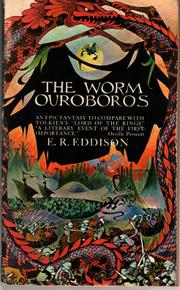When We Were Executioners, by J.M. McDermott
Sometimes there aren't reasons for things; sometimes things just are. This is true for the characters and story depicted in J.M. McDermott's book, When We Were Executioners, and true for the book itself.
Thus far, The Dogsland Trilogy is the polar opposite of high, epic fantasy. I'm not quite sure what the opposite of epic is, but in this case the narrative is super small and extremely personal, almost to the point of it being a work of pointillism.
The Dogsland Trilogy is low fantasy, very low, and also very urban. I'm not talking about urban in the sense of a Neil Gaiman or Clive Barker urban fantasy. This isn't cute-goth, or weird alt-London, or steampunk. It's urban in the sense of it taking place in the inner-city; it's urban in the same way that The Wire is urban. It's about the lives of a few people trying to get by, it's about whores and drug dealers, cops and criminals, addicts and politicians, all trying to live their lives with the cards they were dealt, while all around them the city, their very environment, chews them up and spits them out.
And the chewing gets nasty. McDermott punctuates this book with a few scenes of extreme, grotesque violence, violence that has a point, and violence that hits hard. It is graphic and hard to read, but never gratuitous. This is not violence in the context of action, or titillation, or excitement. These depictions of violence serve to illustrate the consequences of living in a city like Dogsland.
When you get right down to it, there isn't a lot going on plot-wise. It's basically a direct continuation of the first book, Never Knew Another, almost to the point of it being the same book. Things happen, but there isn't a grand, sweeping narrative with an exciting dramatic drive keeping the pages turning. It is, rather, a very small story about people, their lives, their love, and their survival.
And so what's the point of the book? What's the point of it being a trilogy? I'm sure if you simply examined the plot of the entire thing, you could easily tell the story in a single volume, perhaps in the length of a novella; the plot is not complex, at all. But some things don't need points, or reasons. Some things just are. This book exists simply to read about and spend time with a few fictional characters, not completely unlike people you might know, save for some of them being shape-shifters and of-demons. It exists to be read, and isn't this the ultimate purpose of all fiction?




